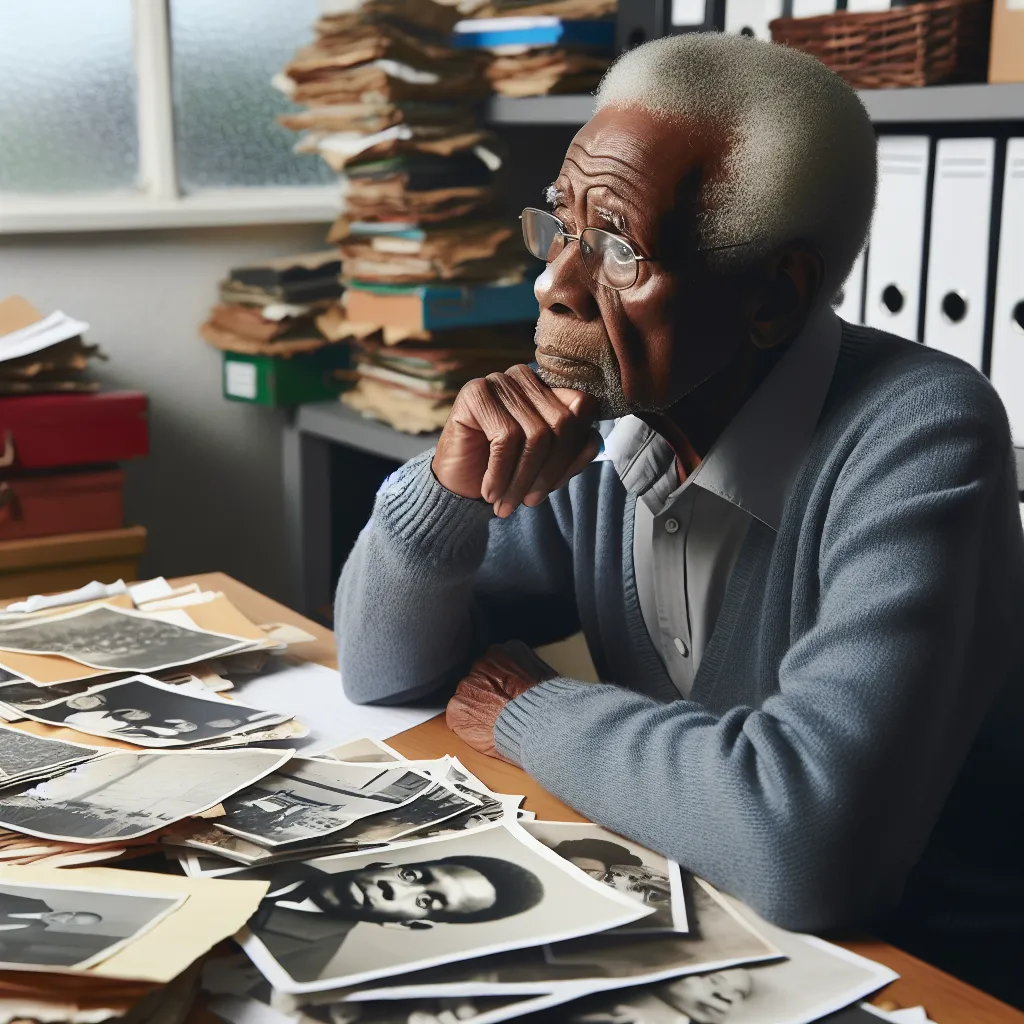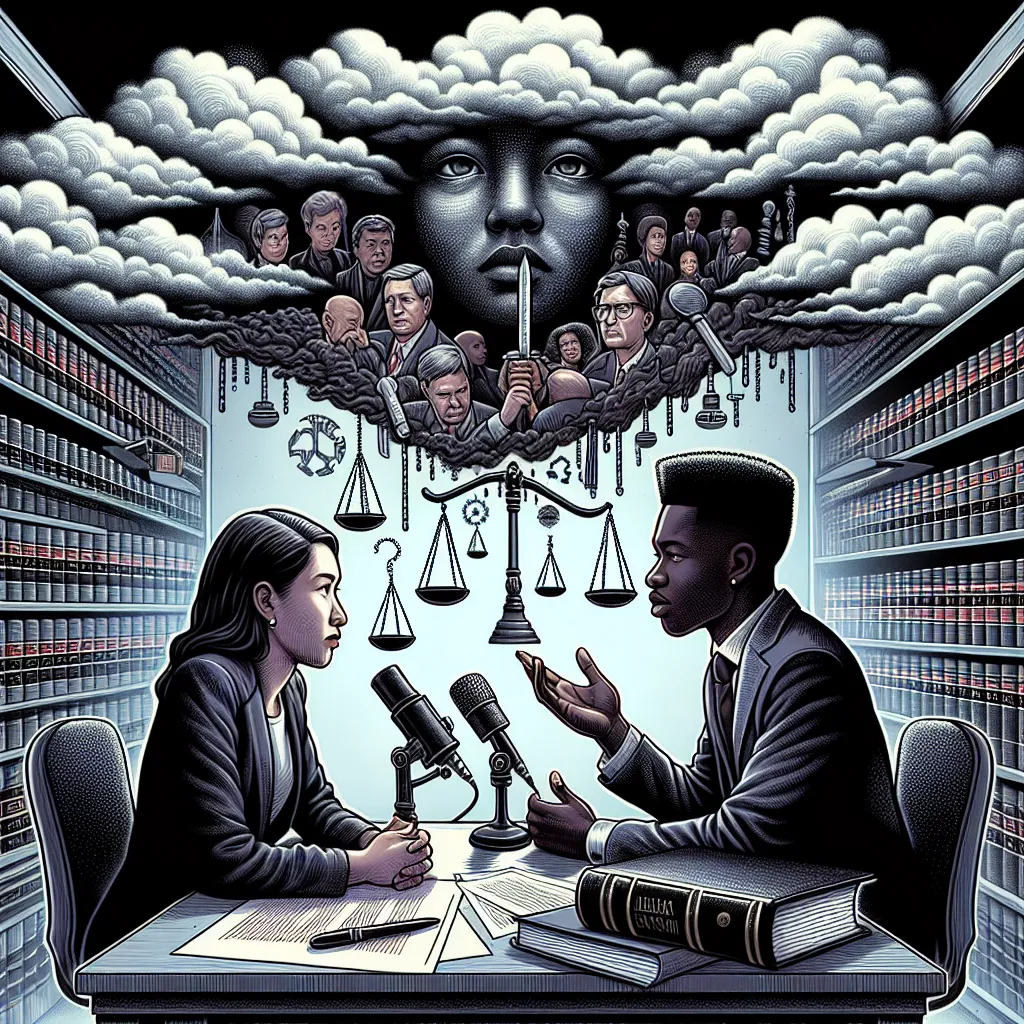Ask AI on The Internet
Question: Key Question: How did apartheid affect people’s lives and how did they respond? The project consists of two parts: • A written research task on one apartheid law • An oral history task in which you interview a person. Written research 1. Decide which apartheid law you are going to research [for example: Bantu Education Act; 2. Make use of reliable internet sites/books to research your law. 3. Write down the details of where you found your information for your bibliography. Research Essay: Introduction: State which law you have researched and the reason why you chose this issue. Body of evidence: a) When was the law passed or implemented? Why was the law passed? b) What changed were put in place after the law was implemented? c) What attitudes did people have towards the law? Conclusion: Why do you think this law or issue is interesting or important to know about today? Write a bibliography: 1) Title of Article: ____________________________________________________ Title of Website:___________________________________________________ Author: ________________________________________ Date of Publication: ________________________________________________ Date Accessed: ________________________________________ Publisher: _______________________________________ Page Numbers Used (If applicable): __________________ 2) Title of Article: ____________________________________________________ Title of Website:___________________________________________________ Author: ________________________________________ Date of Publication: ________________________________________________ Date Accessed: ________________________________________ Publisher: _______________________________________ Page Numbers Used (If applicable): __________________ Oral History Interview: Find out more about the law you researched from someone whose life was affected by it. Briefly explain why you chose this person. Ask the interviewee the following questions. Write down short answers. 1)When were you born? 2)Where did you grow up? 3) How did this law (e.g. Separate Amenities Act) affect you? 4) How did you respond to this law? 5) Why did you choose to respond in this manner? 6) How do you feel now that this law (Separate Amenities Act) in so longer a law in South Africa? Using the information, you gathered from your research and the interview, write an essay about the person who was interviewed. Focus on how he/she was affected by the law or issue and how he/she responded to it. Comment on your own reflections on the experience of doing the project. [What was interesting? How has it made you rethink your own views?] Your project will be marked according to this rubric: Level 7 Outstanding Level 6 Meritorious Level 5 Substantial Level 4 Adequate Level 3 Moderate Level 2 Elementary Level 1 Not Achieved Articulate, insightful, well expressed, accurate and appropriate content Well expressed, clear; accurate and appropriate content Good expression; clear; could have more content; good understanding Some errors in expression; some good content; but little understanding Errors in expression; could have more content; not much understanding Poor expression; content inadequate; No understanding of the issues; some areas incomplete Incomplete; no understanding shown; poor or inaccurate expression and content Research essay (20) 20-16 15-14 13-12 11-10 9-8 7-6 5-0 Bibliography (3) 3 2 1 0 Person chosen (3) 3 2 1 0 Essay about the person you interviewed (20) 20-16 15-14 13-12 11-10 9-8 7-6 5-0 Self -reflection (4) 4-3 2 1 0 Total: ______/50
### Research Essay: Introduction **Chosen Law:** Bantu Education Act **Reason for Choosing this Issue:** The Bantu Education Act was a cornerstone of the apartheid regime, serving to entrench inequality and systemic racism in South Africa’s education system. Studying this law provides valuable insights into how education is used as a tool for oppression and control and helps highlight the long-term impacts of such policies on people’s lives. ### Body of Evidence **a) When was the law passed or implemented? Why was the law passed?** **When Passed:** The Bantu Education Act was passed by the South African Parliament in 1953. **Why Passed:** The law was designed to enforce racial segregation in education and to ensure that black South Africans received an education that would prepare them only for manual labor and menial jobs. The apartheid government sought to control the intellectual development of black individuals, keeping them subservient and ensuring they did not aspire to roles or achievements beyond what the regime deemed appropriate. **b) What changes were put in place after the law was implemented?** **Changes Implemented:** - Black schools were brought under the control of the central government. - Funding for black schools was drastically cut compared to white schools. - The curriculum was tailored to emphasize practical skills needed for manual labor and subservience while minimizing critical thinking and academic development. - Qualified black teachers were dismissed, and unqualified, white-centric educators took their place. **c) What attitudes did people have towards the law?** **People's Attitudes:** The Bantu Education Act was met with widespread condemnation and resistance from black South Africans, educators, and international observers. Many saw it as a deliberate attempt to stifle the potential of black youth and enforce socioeconomic disparities. There were numerous protests, including notable resistance actions like the 1976 Soweto Uprising, where students demonstrated against the poor quality of education and were met with brutal repression. ### Conclusion **Why Interesting or Important Today:** Understanding the Bantu Education Act is crucial as it reveals the lengths to which regimes can go to enforce systemic inequality and the lasting impacts such actions can have on a population. It also highlights the importance of equitable education policies and the role of resistance and resilience in fighting oppressive systems. The legacy of this Act continues to affect South Africa's education system and the socio-economic disparities evident in the country today. ### Bibliography 1. **Title of Article:** The Bantu Education Act **Title of Website:** South African History Online **Author:** Unknown **Date of Publication:** 2011 **Date Accessed:** 10/10/2023 **Publisher:** South African History Online **Page Numbers Used:** Not applicable 2. **Title of Article:** The Impact of Bantu Education **Title of Website:** Encyclopedia Britannica **Author:** Adam Augustyn **Date of Publication:** 2020 **Date Accessed:** 10/10/2023 **Publisher:** Encyclopedia Britannica, Inc. **Page Numbers Used:** Not applicable ### Oral History Interview **Person Chosen:** I chose Mrs. Masego, a retired teacher who experienced the impact of the Bantu Education Act firsthand during her schooling and early teaching career. Her insights provide a valuable personal perspective on the law’s implementation and its effects. --- **Interview Questions and Short Answers:** **1. When were you born?** - 1945 **2. Where did you grow up?** - Soweto, Johannesburg **3. How did this law (e.g., Bantu Education Act) affect you?** - We had limited resources, overcrowded classrooms, and were taught that our place was to serve the white population. **4. How did you respond to this law?** - I resisted by focusing on education outside the prescribed curriculum, attending secret night classes and protest meetings. **5. Why did you choose to respond in this manner?** - I believed education was the key to our freedom and refused to let the government determine my future. **6. How do you feel now that this law is no longer in South Africa?** - Relieved and hopeful, but aware that we still deal with the long-term effects. It’s gratifying to see children of all backgrounds having opportunities that we fought for. ### Essay About the Person Interviewed **Introduction:** Mrs. Masego, a retired teacher from Soweto, offers a poignant account of life under the Bantu Education Act and how she fought back against its restrictions. **Body:** Growing up in the 1950s and 1960s, Mrs. Masego experienced the severe limitations placed on black education. Her school had insufficient resources, unqualified teachers, and a curriculum focused on subservience. Despite these challenges, Mrs. Masego was determined to rise above them. She attended secret night classes and engaged in community protests, believing that true education was vital for liberation. Her courage and resistance against the Act provide an inspiring testament to the human spirit’s resilience. **Conclusion:** Mrs. Masego feels a mixture of relief and lingering concern now that the Bantu Education Act is no longer law. She is proud of the progress made but remains vigilant about the continued struggle for equity in education. Her story underscores how personal defiance can contribute to broader social change. ### Self-Reflection **Reflections on the Experience:** Working on this project was enlightening and humbling. The stories of resistance and resilience in the face of oppressive laws like the Bantu Education Act were particularly moving. It broadened my understanding of how systemic injustice operates and reinforced the importance of equitable education. Hearing Mrs. Masego’s personal experiences added a profound, human dimension to my research, making the historical effects of apartheid all the more real and urgent. By investigating the direct and personal impacts of this unjust law, I have deepened my appreciation for the struggles endured by those who lived through apartheid and developed a greater commitment to advocating for social justice in my own context. --- **Total: ____/50**
Think your answer is better than the AI's? Post it below.
Question Tags
If you want your question answered by an AI, click here.







Post your own comment: